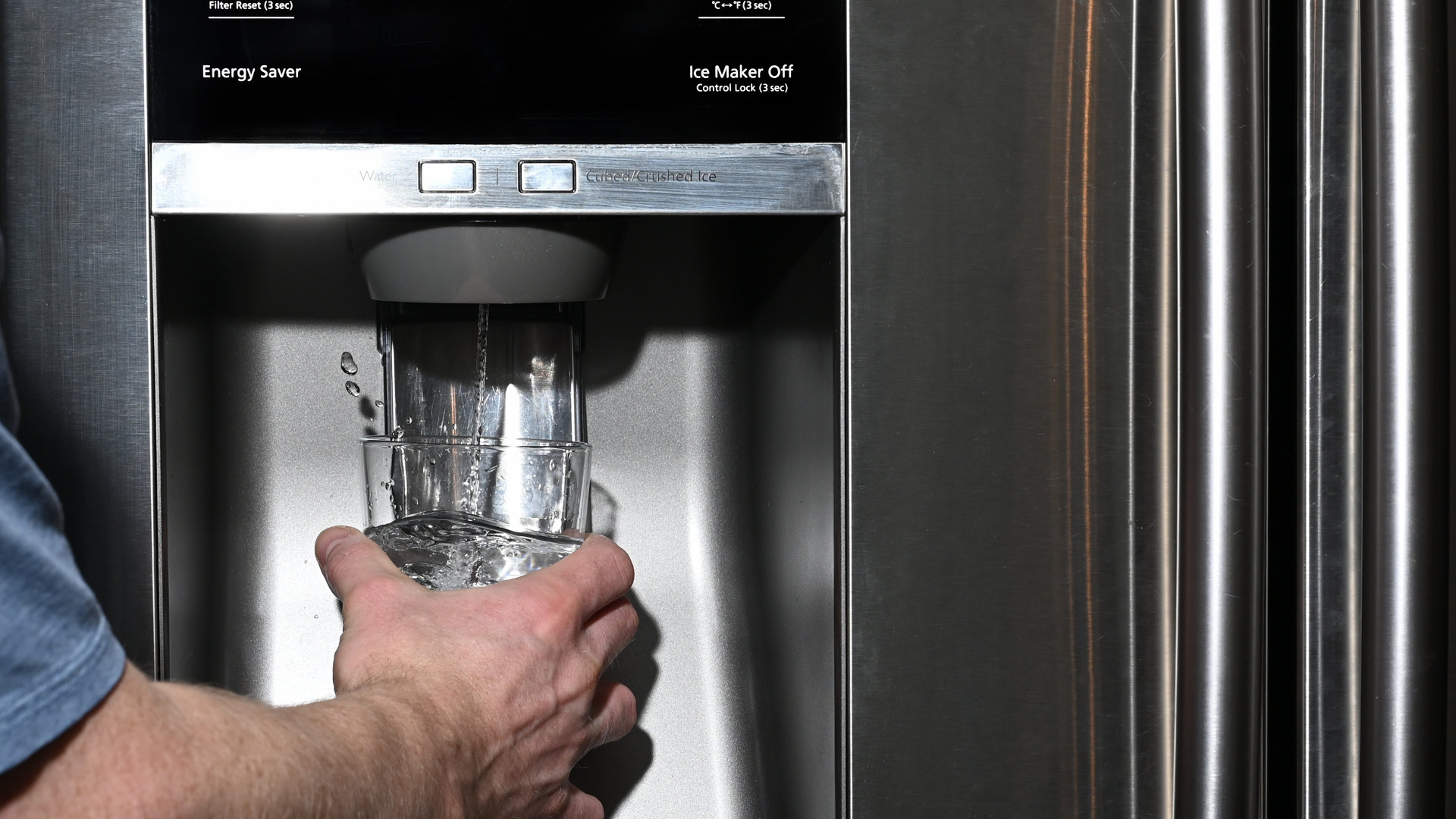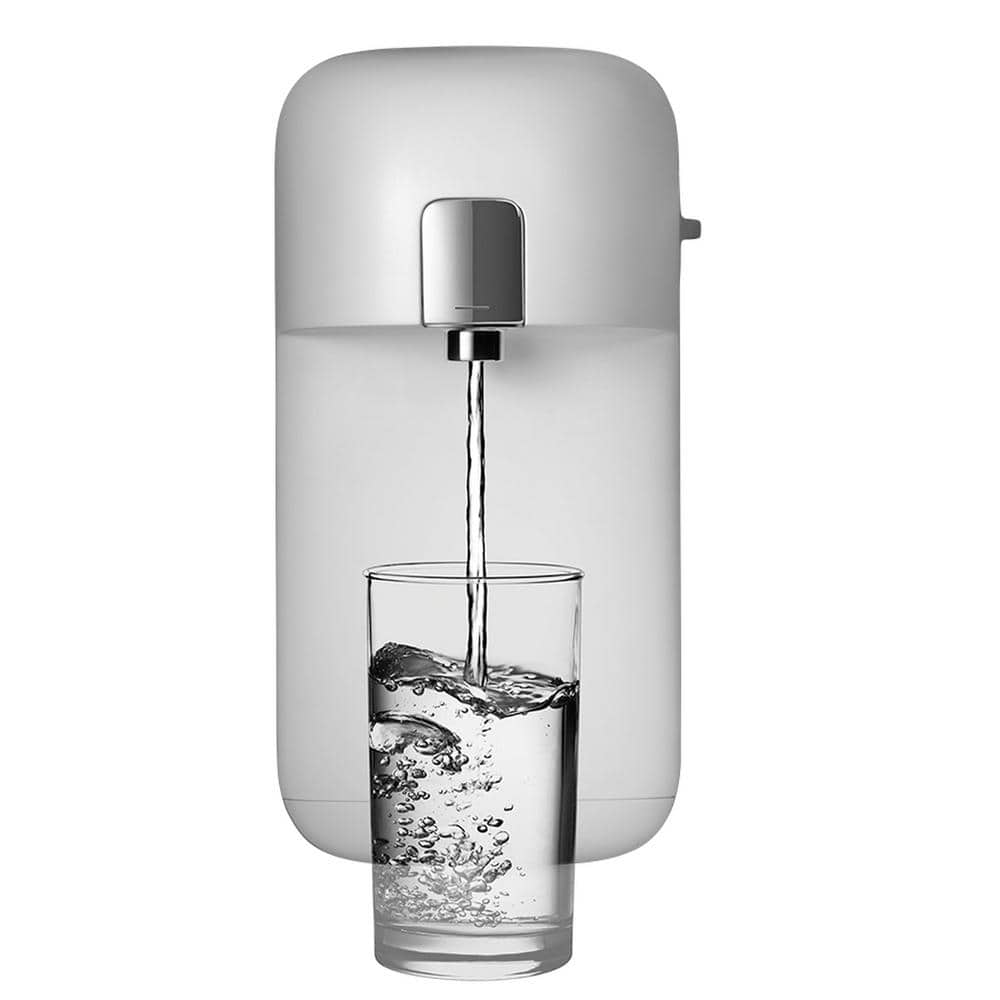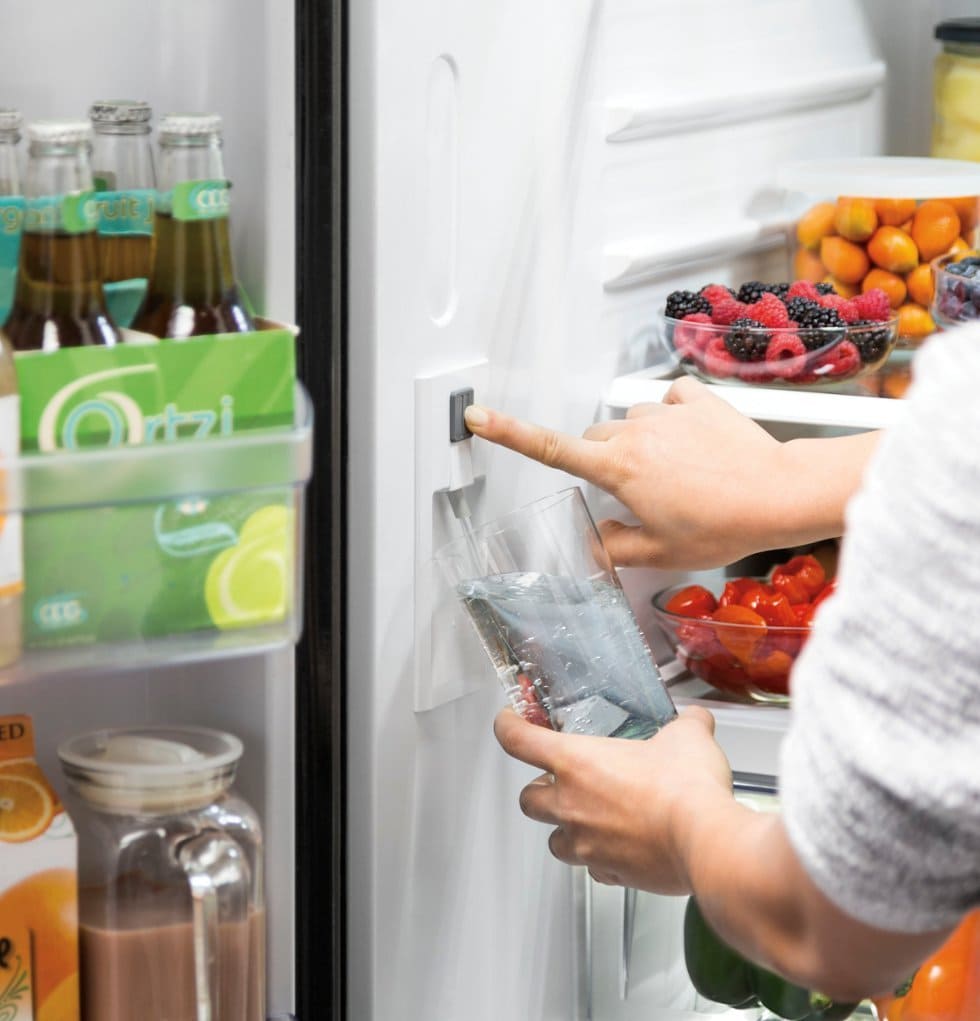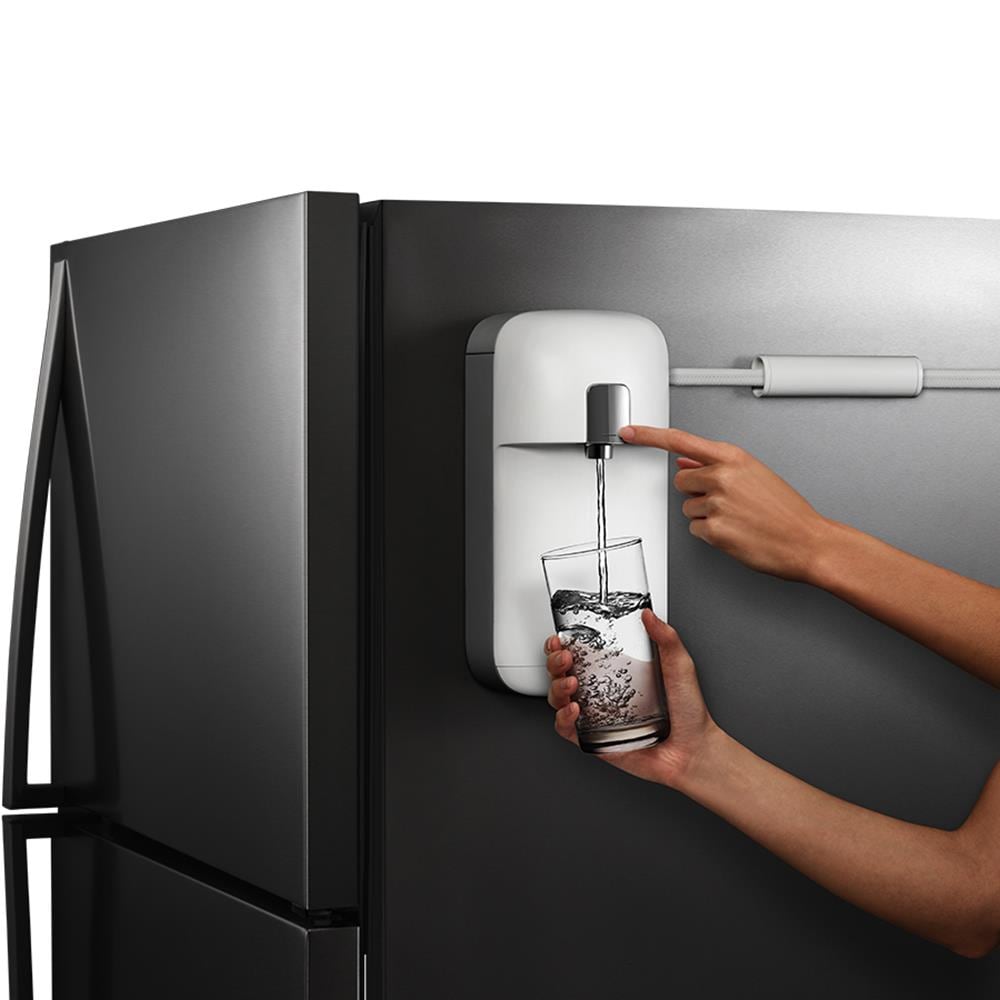In the modern home, the convenience of a refrigerator water dispenser has become a highly sought-after feature, providing users with instant access to clean, refreshing water. However, as with any household appliance, there are valid concerns about the safety and quality of the water being dispensed. With the potential for contamination, bacterial growth, and other issues, it’s essential for consumers to understand the reliability and safety of the water from their refrigerator’s dispenser.
Introduction
In the pursuit of convenience and chilled beverages, many of us turn to our refrigerator’s water dispenser. You might wonder, “Is it safe to drink water from the refrigerator dispenser?” The answer largely depends on your fridge’s maintenance and the purity of your source water. This article endeavors to provide a detailed analysis of factors influencing the safety and quality of refrigerator dispenser water, ensuring that every glass you drink is as refreshing and clean as it is cool.
Understanding Refrigerator Water Dispensers
How They Work and Their Benefits
Modern refrigerators often come equipped with built-in water dispensers. These dispensers draw water from the main supply line of the home, passing it through a filter before serving it chilled. The convenience of having cold water at the press of a button is coupled with the perception of healthier, cleaner water due to the filtration process.
The Filtration Process Explained
The filters typically found in these dispensers are designed to remove common contaminants like chlorine, lead, and other particulates. This filtration contributes not only to water safety but also to taste and odor improvement.
Factors Affecting the Safety of Refrigerator Dispenser Water
Quality of Source Water
The starting point for safe dispenser water is the quality of the source. Municipal water and well water have different contaminant profiles. Understanding your water source will guide the additional filtration required.
Regular Maintenance and Filter Changes
Refrigerator water dispensers require regular maintenance. Manufacturers often suggest a schedule for changing water filters to maintain effectiveness in contaminant removal.
Common Contaminants in Drinking Water
Recognizing Potential Hazards
Be aware of the contaminants that could be lurking in your water. These range from microbial pathogens to chemical pollutants. Their presence and concentration can vary widely depending on your location.
The Role of Refrigerator Filters in Removing Contaminants
It is critical to know what your refrigerator filter can and cannot remove. Not all filters are created equal. Some are more adept at reducing certain types of contaminants than others.
Ensuring Refrigerator Dispenser Water Safety
Best Practices for Maintenance
To keep your dispenser water safe, adhere to the manufacturer’s maintenance recommendations. Replacing filters on time is crucial for consistent water quality.
Testing Your Dispenser Water
For an extra layer of assurance, consider testing your refrigerator dispenser water. Various test kits are available for this purpose.
Conclusion
Drinking water from a refrigerator dispenser can be a safe and convenient way to stay hydrated, provided that the refrigerator is properly maintained and the filters are regularly replaced. A proactive approach to understanding and caring for your appliance will ensure that every sip of water dispensed is as clean and healthy as it is refreshing.
Maintenance and Upkeep
Proper maintenance and regular upkeep of the refrigerator’s water dispenser, including the replacement of filters, are essential for maintaining the safety and cleanliness of the water. Neglecting these tasks can lead to the growth of harmful bacteria or the accumulation of contaminants.
Potential Risks and Contaminants in Refrigerator Water
While refrigerator water dispensers are generally considered a safe and convenient option for accessing clean water, there are potential risks and contaminants that users should be aware of.
Bacterial Growth
One of the primary concerns with refrigerator water dispensers is the potential for bacterial growth, particularly in the water line and internal plumbing. If these components are not properly maintained or cleaned, they can become breeding grounds for harmful bacteria, such as coliform or Legionella, which can pose serious health risks.
Chemical Contaminants
In addition to bacterial contamination, refrigerator water dispensers may also be susceptible to the presence of chemical contaminants, such as lead, copper, or pesticides, which can leach into the water supply. These contaminants can have long-term health implications and should be monitored and addressed.
Waterborne Illnesses
Consuming contaminated water from a refrigerator dispenser can potentially lead to various waterborne illnesses, including gastrointestinal issues, respiratory problems, or even more severe conditions, depending on the specific contaminants present.
Proper Filter Maintenance
Regularly replacing the water filter in your refrigerator is crucial for maintaining the effectiveness of the filtration system and removing impurities from the water. Following the manufacturer’s recommended replacement schedule is essential for optimal performance.
Regular Cleaning and Disinfection
Keeping the internal components of the refrigerator’s water dispenser clean and free from bacterial growth is another crucial step in ensuring the safety of the water. This includes regularly cleaning the water line, the dispenser nozzle, and any other accessible parts.
Water Quality Testing
Periodically testing the water from your refrigerator’s dispenser for the presence of contaminants or bacteria can provide valuable insights into the water’s quality and safety. This can be done through DIY test kits or by sending a sample to a certified water testing laboratory.
Understanding the Tradeoffs
Homeowners must weigh the benefits of having instant access to water against the potential risks associated with using a refrigerator dispenser. By being aware of the potential issues and taking the necessary precautions. They can make informed decisions that prioritize the health and well-being of their family.
Exploring Alternative Water Sources
For those who have concerns about the safety of their refrigerator’s water dispenser, exploring alternative water sources. Such as bottled water or a dedicated water filtration system, may be a viable option. These alternatives can provide an additional layer of assurance and peace of mind when it comes to the quality and purity of the water being consumed.
Staying Informed and Vigilant
Ultimately, ensuring the safety of refrigerator water dispensers requires a combination of knowledge. Proactive maintenance, and vigilance. By staying informed about the potential risks, following the manufacturer’s guidelines. And regularly monitoring the water quality, homeowners can confidently and safely enjoy the convenience of their refrigerator’s water dispenser.
Conclusion: Prioritizing Safety in Refrigerator Water Consumption
The convenience and accessibility of refrigerator water dispensers have made them a ubiquitous feature in modern homes.

